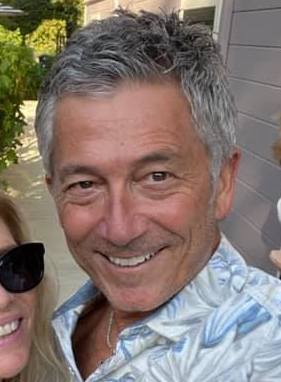Projecting players to the NFL is by no means an exact science. A collegiate athlete who excels at the NCAA level isn’t guaranteed success as a professional. We hear often how the speed of the game changes. Some players adapt and others don’t. Some players improve as professionals while others reach their athletic peaks in college and fail in the NFL.
Some even become better players in the NFL than they were in college.
But how is that possible?
If you watch a Ravens practice, it’s hard not to admire the play of Derrick Mason. Mason does all of those little things. He runs his routes slightly differently each time so as not to tip off a familiar opponent. Perhaps more so than the defender head up on him, Mason reads the defender. If the defender’s hips sway one way or his head or shoulders turn another, Mason knows when to alter his route to create separation.
He knows where to sit down in zone coverage or when to work back towards the ball mindful enough of down and distance so as not to sacrifice a first down. Mason doesn’t rely on pure athleticism to be successful in the NFL. He’s shorter than most receivers and he doesn’t have top end speed.
Yet as Eric DeCosta the Ravens Director of College Scouting (“DCS”) is quick to note, “Mason is a great NFL player.”
He wasn’t a great collegiate player. As a Michigan State Spartan senior, Mason had an above average senior season with 53 catches for 865 yards and 2 scores. Respectable yes but hardly great and Mason lacked the numbers and top shelf physical tools to sway NFL scouts into a Day 1 draft selection.
The Houston Oilers selected Mason with the 98th overall pick in 1997. Yet this modest investment continues to pay dividends and he continues to refine his craft.
“I prepare my body to go 20 plus games. I go out there and work as hard as I can knowing that if I don’t these other guys in the wings are waiting to take my spot. I have to work hard, not just for myself but more for the team.”
Derrick Mason is all about the team and he’s determined to help make his unit be as good as it can be. “You’re only as good as your weakest link”, said Mason. “And we don’t want our weakest link to be that bad.”
Bad – as in bad guys, is something the Ravens have made a concerted effort to avoid over the past few seasons, particularly during DeCosta’s era as DCS. Every one of the Ravens picks over the past two seasons are men of good character. And as Derrick Mason has shown, good character and a desire to be better are often more important characteristics than a player that isn’t of high character, isn’t coachable and relies too heavily upon his God-given talents.
“In order for me to get better I have to be able to be taught by a coach and I am. There’s a lot of things that I didn’t know that [Receivers coach Mike Johnson] is teaching me now even at 10 years. If I stay willing to be coached, stay consistent and stay injury free, I think I can go as long as I choose to go.”
Mason’s is an approach the entire team should willingly embrace – work hard, train hard to stay healthy, be open to coaching and work together to avoid weak links. If they do, there’s no telling how successful the 2006 season could be.
But what are realistic expectations for the 2006 Ravens?
“Realistic? Super Bowl! Why would I have anything below that? If I have anything below that I’m shortchanging myself and the team and the organization.”
Now that’s funny – Derrick Mason shortchanging the organization.
That’s about as likely as Sydney Ponson getting short changed at a buffet table.











